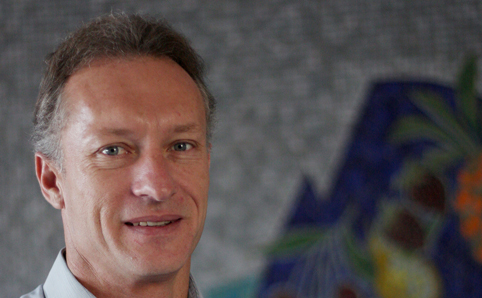 |
| Photo: Dr Glen Taylor |
The University of the Free State (UFS) continues to play an active role in the field of Nuclear Medicine and the use of nuclear technology in the biosciences. Dr Glen Taylor, Director of Research Commercialisation and Business Development at the UFS, was recently elected chairperson of the board for the Nuclear Technologies in Medicine and the Biosciences Initiative (NTeMBI).
The UFS is currently one of three centres of excellence in the country identified by the Nuclear Energy Corporation South African (Necsa) to roll out the capacity development programme and increase technology coming from nuclear medicine and technology.
NTeMBI is a national technology platform that is managed by Necsa and supported by the Department of Science and Technology (DST). It functions as a high-level Research, Development and Innovation (RD&I) initiative that will implement new strategic initiatives relating to research and development on nuclear technologies in medicine and the biosciences on a local, regional and international level.
One of the roles Dr Taylor will perform as Chairperson of the board of NTeMBI, is to enhance the exposure of nuclear technology in medicine and the biosciences. Dr Taylor says the aim is to increase the skills base in South Africa. “I realise it is one of the scare skills in the country.”
The UFS already received a significant amount of funding from the grant of R4 million per annum made available from the Department of Science and Technology (DST) to implement NTeMBI projects.